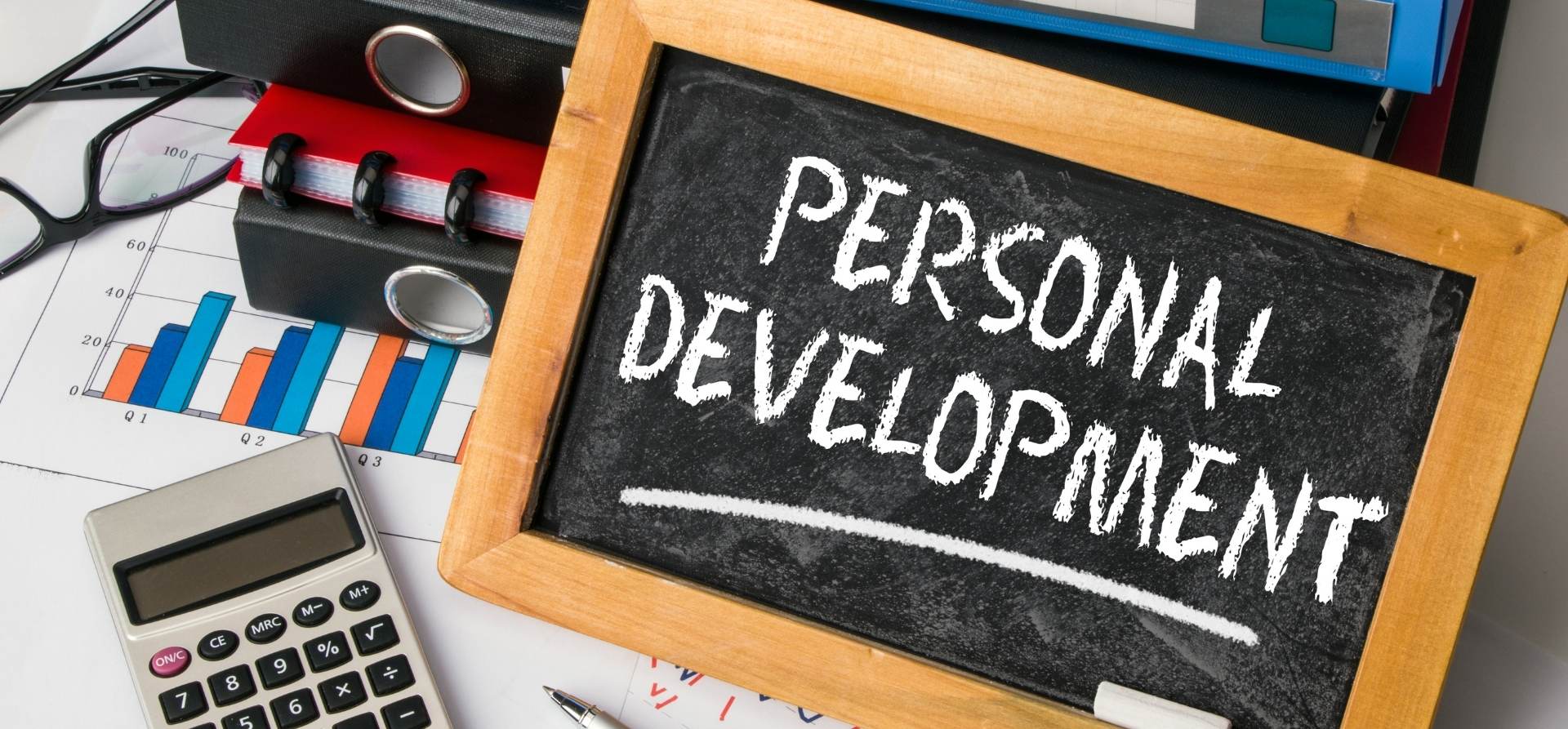15 Steps to Mastering Personal Budgeting
Managing personal finances is an essential skill that everyone should develop. One of the key aspects of effective financial management is personal budgeting. By creating and sticking to a budget, individuals can gain control over their spending, save for the future, and work towards their financial goals. In this article, we will explore 15 steps to help you master personal budgeting, providing you with a roadmap to financial success.
Understanding the Importance of Personal Budgeting
Personal Budgeting - Taking Control of Your Finances
Managing personal finances can often seem daunting, but with effective budgeting, you can take control of your financial situation. A budget is a roadmap that helps you allocate your income, track your expenses, and make informed financial decisions.
Assessing Your Current Financial Situation
Evaluating Your Financial Health
Before diving into budgeting, it's essential to assess your current financial situation. This involves gathering information about your income, expenses, assets, and liabilities. By understanding your financial health, you can set realistic goals and develop an effective budget.
Setting Financial Goals
Defining Your Financial Objectives
To master personal budgeting, it's crucial to set clear financial goals. These goals could include saving for a down payment on a house, paying off debt, or building an emergency fund. By having specific objectives, you can tailor your budget to prioritize and achieve them.
Tracking Your Income and Expenses
Monitoring Your Cash Flow
To create an effective budget, you need to track your income and expenses. Start by recording all your sources of income, such as salary, freelance work, or investments. Then, track your expenses meticulously, including both fixed costs (rent, utilities) and variable costs (groceries, entertainment).
Creating Categories for Your Budget
Organizing Your Finances
Organizing your finances into categories is a helpful step in budgeting. Create broad categories like housing, transportation, food, and entertainment. Then, break these categories down into specific subcategories. This will give you a clear overview of where your money is going and help you identify areas where you can make adjustments.
Determining Fixed and Variable Expenses
Categorizing Your Expenses
It's crucial to differentiate between fixed and variable expenses. Fixed expenses are regular, recurring costs that remain relatively stable each month, like rent or mortgage payments. Variable expenses, on the other hand, fluctuate and can include things like dining out or shopping. Understanding these categories will help you prioritize your spending.
Allocating Funds for Savings and Investments
Building Wealth for the Future
A significant aspect of personal budgeting is saving and investing. Allocate a portion of your income towards savings and investments to build wealth over time. Consider setting up automated transfers to make this process easier and ensure that you consistently save and invest.
Analyzing and Adjusting Your Budget
Fine-Tuning Your Financial Plan
Regularly analyzing and adjusting your budget is essential to ensure it remains effective. Monitor your actual spending against your budgeted amounts, identify areas of overspending, and make necessary adjustments. Flexibility is key in adapting your budget to changes in income or expenses.
Implementing Strategies to Reduce Expenses
Cutting Costs Wisely
To master personal budgeting, it's crucial to find ways to reduce expenses. Analyze your spending habits, identify areas where you can cut back, and implement strategies like negotiating bills, using coupons, or finding more cost-effective alternatives. Even small adjustments can have a significant impact on your budget.
Increasing Your Income
Exploring Additional Income Sources
In addition to reducing expenses, increasing your income can accelerate your progress towards financial goals. Consider exploring opportunities for additional income, such as freelancing, starting a side business, or taking on extra shifts at work. The extra money can be directed towards savings or debt repayment.
Automating Your Finances
Streamlining Your Money Management
Automating your finances simplifies the budgeting process and ensures that you stay on track with your financial goals. Set up automatic transfers to savings and investment accounts, schedule bill payments, and consider using budgeting apps or software to track your progress effortlessly.
Building an Emergency Fund
Preparing for the Unexpected
An emergency fund is a crucial component of a solid financial plan. Aim to save at least three to six months' worth of living expenses in a separate account. This fund acts as a safety net during unexpected events like job loss or medical emergencies.
Paying Off Debt
Becoming Debt-Free
Debt can hinder your financial progress. Create a debt repayment plan by prioritizing high-interest debts and using strategies like the debt snowball or debt avalanche method. By paying off debt, you'll free up more money to allocate towards savings and investments.
Saving for Retirement
Planning for Your Future
While retirement may seem distant, it's essential to start saving early. Contribute to retirement accounts like a 401(k) or IRA and take advantage of employer matching programs. The power of compound interest will help your savings grow over time.
Reviewing and Revising Your Budget Regularly
Adapting to Changing Circumstances
To maintain financial stability, review and revise your budget regularly. Life circumstances change, and your budget should reflect those changes. Make adjustments as necessary, ensuring that your budget aligns with your current financial goals and priorities.
Final Thoughts
In conclusion, mastering personal budgeting is a vital step toward financial freedom. By following these 15 steps, you can gain control over your finances, save for the future, and work towards achieving your financial goals. Remember to assess your current situation, set clear objectives, track your income and expenses, make adjustments, and regularly review your budget to stay on track.






 English (US) ·
English (US) ·